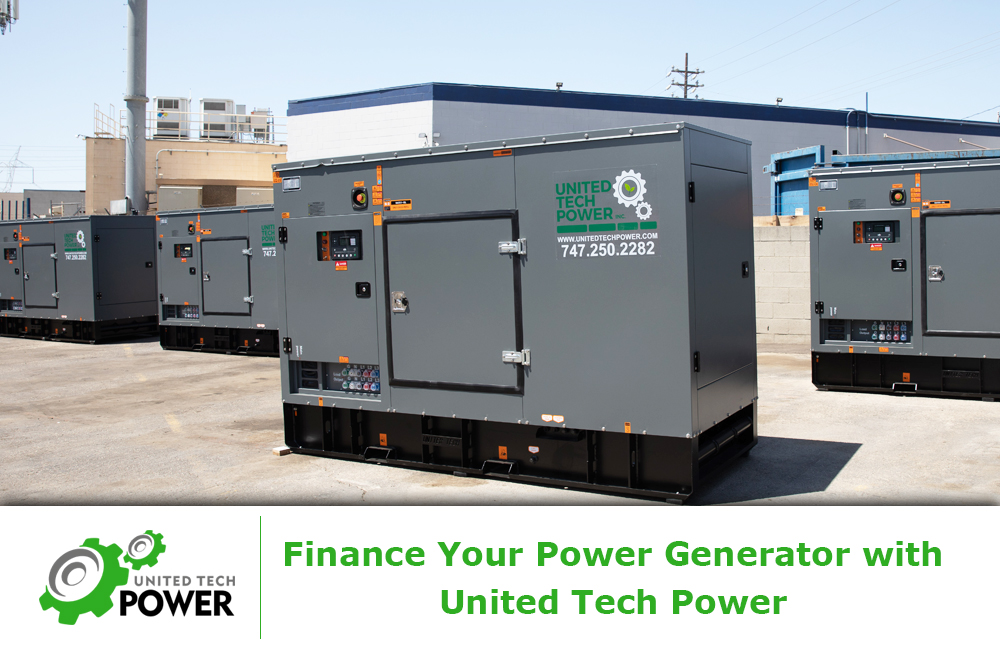Both an inverter and a conventional generator are devices that transform mechanical energy into electrical energy. In this way, they work as a source of energy supply at times when our home or business electrical network collapses.
In those moments, having an electric generator helps us to continue with the activities that require electricity to happen (refrigerate, priority equipment for health, work, etc.).
How does an inverter electric generator work?
The basic operation is through the use of fuel as a power source, which depends on each model. Through an electric start system it allows to generate electricity.
The generator has a power button, to start the equipment, a fuel gauge to show when you’re about to run out as well as an overheat indicator to know when the engine is above its acceptable temperature.
It is also important to check that the oil level in the electric generator is adequate.
Types of inverter generators
There are a wide variety of electric generators and their typifications depending on their connection, power supply, start-up as well as their technology.
Depending on their connection, we can divide the electric generators into single-phase (gas or gasoline generators with a power of up to 5kW) or three-phase (diesel generators with a power greater than 10kW).
Depending on their start we can categorize them into electric or manual.
Depending on their technology, there are two types of generators: conventional (or transformer) and inverter.
Depending on the fuel, we can divide them into gas, gasoline or diesel generators.
Based on your home or business needs, you can consider silent diesel generators for sale or different generator financing options.
What does inverter mean?
Inverter technology could be defined using two concepts: both savings and stability.
That is why all the devices that implement this development, such as an inverter generator, experience up to 35% energy savings, due to the possibility of stabilizing their operation, preventing the product from working at 100% during all the work, until reaching its saturation to rest.
In this case, the inverter generators work with a voltage modulation and regulation very similar to the conventional network with a nominal voltage of 1%. That is why these types of generators are suitable for electronic devices.
Taking care of your generator
Here are some tips to take into account:
- Keep children under 12 years of age away from the appliance and prohibit them from handling it.
- Do not interact with the generator whether you are wet or barefoot.
- Avoid using it indoors or in closed spaces.
- Handle fuel safely.
- Never charge the generator when it is on. In the event of a spill, clean up properly as the vapors can also ignite.



